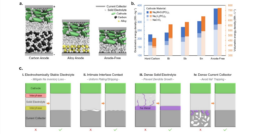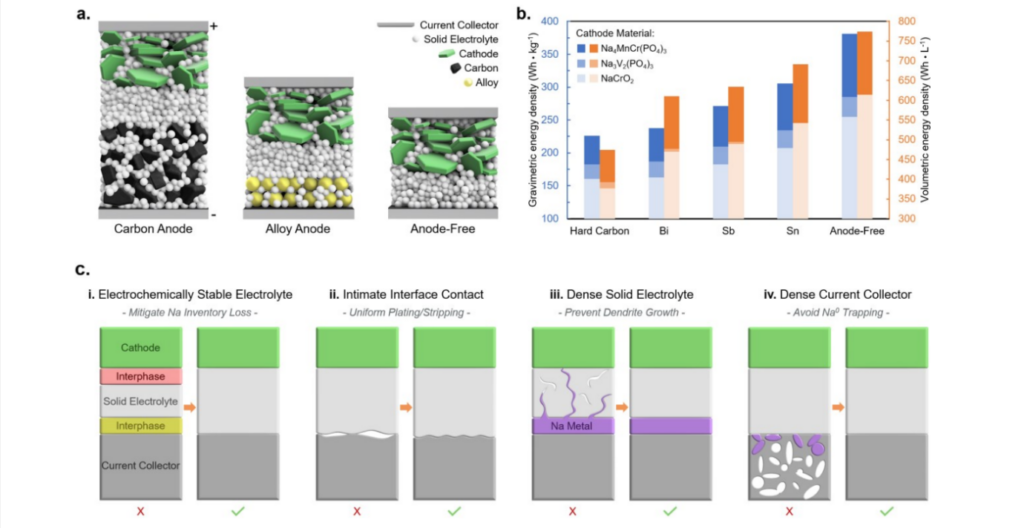R&D
Advertisement
Advertisement
Advertisement
Latest News

Safe, long-cyclable lithium metal battery for high temperatures
A research team at the University of Hong Kong (HKU) has developed a new generation of lithium metal batteries, representing a significant advancement in the field. The innovation centers on microcrack-free polymer electrolytes, which promise extended lifespan and enhanced safety at temperatures as high as 100 degrees Celsius.
Jul 25, 2024
Advertisement
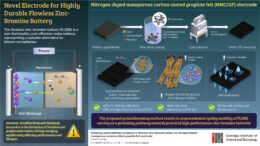
Achieving unprecedented cyclability of flowless zinc-bromine battery
Researchers at the Gwangju Institute of Science and Technology in South Korea have developed a novel electrode that effectively suppresses the harmful self-discharge phenomenon in flowless zinc-bromine batteries and enables long-term operation of more than 10,000 cycles.

New cathode material for high energy density sodium-ion batteries
Researchers at Karlsruhe Institute of Technology (KIT) in Germany have successfully synthesized, for the first time, a new cathode active material with a specific capacity of 190 mAh/g, potentially paving the way to high energy density sodium-ion batterieies.

Energy-storing carbon fibre composites pave the way to weightless batteries
Building on research work at Sweden's Chalmers University of Technology, Sinonus has developed carbon fiber-based structural batteries that not only store energy but also become an integral part of a product's structure. Their possible span of energy density is said to be around 25-50% of a conventional lithium-ion battery at current technology level.

Brazil’s strategic R&D initative helps learn about energy storage integration into the grid
A total of BRL 300 million ($ 55.5 million) has been allocated to 20 projects proposed by 13 companies. The Brazilian National Electric Energy Agency (ANEEL) announced the results of the winning projects, which should help inform future integration of energy storage projects.

Interview with Trina Storage: We expect consolidation in the coming years
In a recent interview with pv magazine Italia, Gabriele Buccini, head of utility storage at Trina Solar, talked about the company's vertical integration and its forecasts for the storage market. “There is enough capacity available to drive prices down in 2024 in an anomalous way,” Buccini said when talking about global battery energy storage production levels.
All R&D news

Safe, long-cyclable lithium metal battery for high temperatures
A research team at the University of Hong Kong (HKU) has developed a new generation of lithium metal batteries, representing a significant advancement in the field. The innovation centers on microcrack-free polymer electrolytes, which promise extended lifespan and enhanced safety at temperatures as high as 100 degrees Celsius.
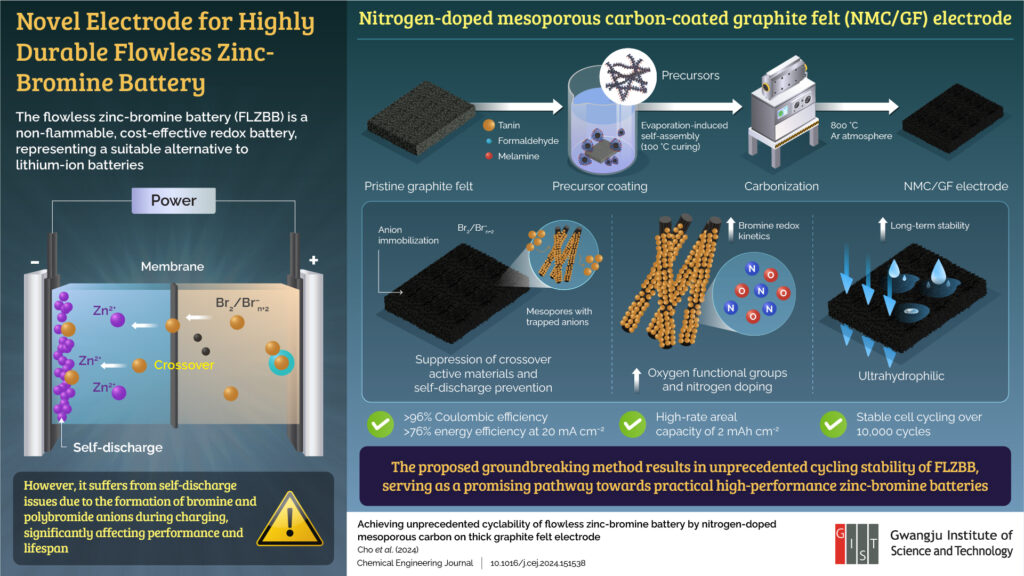
Achieving unprecedented cyclability of flowless zinc-bromine battery
Researchers at the Gwangju Institute of Science and Technology in South Korea have developed a novel electrode that effectively suppresses the harmful self-discharge phenomenon in flowless zinc-bromine batteries and enables long-term operation of more than 10,000 cycles.

New cathode material for high energy density sodium-ion batteries
Researchers at Karlsruhe Institute of Technology (KIT) in Germany have successfully synthesized, for the first time, a new cathode active material with a specific capacity of 190 mAh/g, potentially paving the way to high energy density sodium-ion batterieies.
Advertisement

Energy-storing carbon fibre composites pave the way to weightless batteries
Building on research work at Sweden's Chalmers University of Technology, Sinonus has developed carbon fiber-based structural batteries that not only store energy but also become an integral part of a product's structure. Their possible span of energy density is said to be around 25-50% of a conventional lithium-ion battery at current technology level.
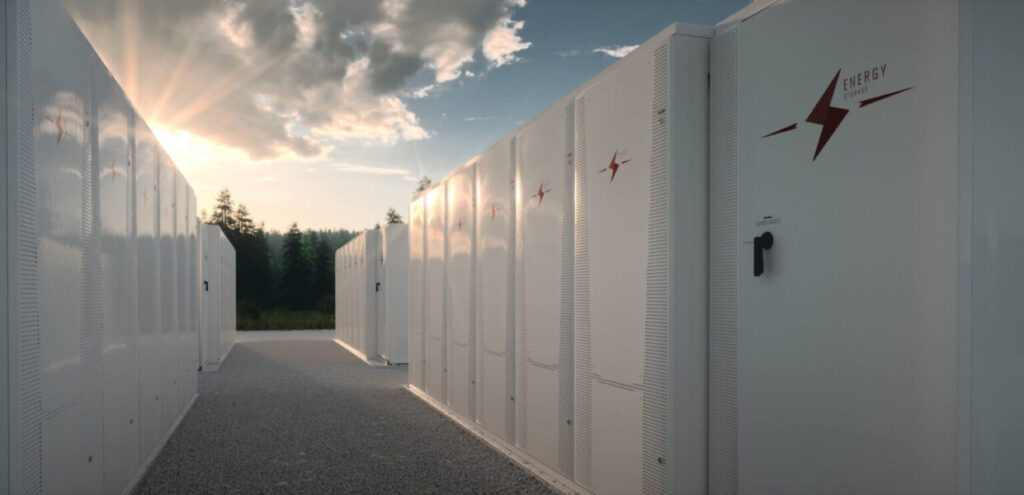
Brazil’s strategic R&D initative helps learn about energy storage integration into the grid
A total of BRL 300 million ($ 55.5 million) has been allocated to 20 projects proposed by 13 companies. The Brazilian National Electric Energy Agency (ANEEL) announced the results of the winning projects, which should help inform future integration of energy storage projects.
Advertisement
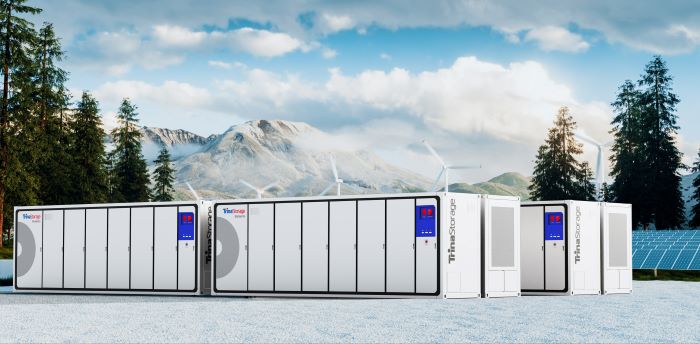
Interview with Trina Storage: We expect consolidation in the coming years
In a recent interview with pv magazine Italia, Gabriele Buccini, head of utility storage at Trina Solar, talked about the company's vertical integration and its forecasts for the storage market. “There is enough capacity available to drive prices down in 2024 in an anomalous way,” Buccini said when talking about global battery energy storage production levels.
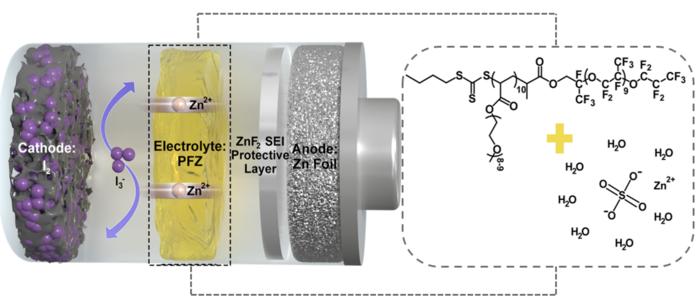
New solid state zinc battery with superb cycle performance
Researchers in Australia have developed a new class of solid electrolytes for rechargeable aqueous zinc-iodine batteries, which has allowed for extended lifespan and high-efficiency. Symmetric cells employing this electrolyte have demonstrated excellent cycle performance, maintaining stability for approximately 5,000 hours at room temperature, while all-solid-state ZnI2 batteries exhibit over 7,000 cycles with a capacity retention exceeding 72.2%.
Advertisement
